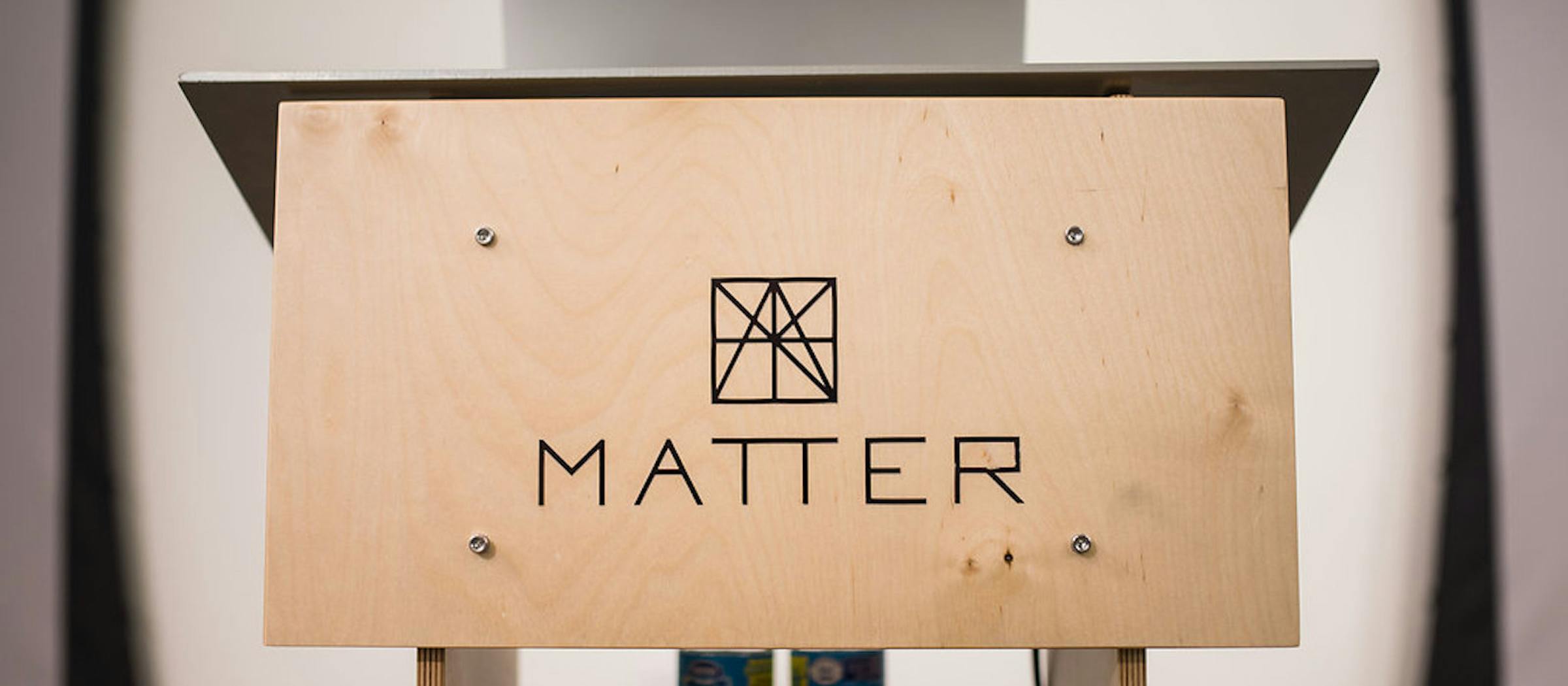Clara Health, Genomenon and BrainBaseline share how they’re improving the clinical trial process
Even before the COVID-19 pandemic took over, pharmaceutical companies were on the hunt for solutions to improve the efficiency of drug development — from which molecules to test through all aspects of patient recruitment and the clinical trial process.
Since the pandemic began, those needs have intensified dramatically. Pharmaceutical companies need tools to help them more efficiently identify targets, find and enroll patients and monitor and study participants — all tasks that have been made even more challenging by today’s virtual-first world. To help address these challenges, we invited three MATTER startups to share their solutions, and the challenges they solve, to two of our pharmaceutical partners: Eli Lilly and Astellas.
Here’s what each of them had to say. Responses have been edited slightly for length and clarity.
Clara Health
Evan Ehrenberg, co-founder and CEO
Something that’s been shifting a lot, especially during COVID-19, is that many clinical trials are going into hybrid virtualization or completely remote. Over 80 percent of clinical trials face delays in recruitment — typically the timelines end up doubling what they’re expected to be. Patient recruitment specifically accounts for 30 percent of early trial terminations. That’s billions of dollars in lost revenues for blockbuster drugs. Working with our company has led to 200 up to 800 percent acceleration in timelines for recruitment and in several cases has actually saved trials that otherwise would have been terminated.
So to help understand what we do, we have to look at a typical recruitment pipeline: You do some sort of outreach across a few different marketing channels — perhaps Google, maybe Facebook — you might have some flyers and hopefully you direct people to a study website. There might be a contact form on the site that takes down some basic information and then hopefully the hospital gets back within a few days. However, we know this process can take weeks or months, depending on the site’s bandwidth. With Clara Health, we add a lot of customization around this process and help speed it up. Our outreach is multifaceted: We design multiple websites, we go through HIPAA compliant prescreening and then we go through phone screenings. We collect all the patient’s medical records and screen them and then we do a live hand-off to the trial site and make sure that the patient gets all the way through enrollment. We also have 24/7 real time data reporting to sponsors and contact research organizations as well as 24/7 live support from our in-house team for the site and for patients.
We know that different patients may be at different points in their healthcare journey — some may have just received a diagnosis, some may be awaiting new results and some may be trying a new medication — so we customize messaging to each of those different targets and actually bring them into a different type of landing page. This has led to a lot of success, especially in really challenging trials, around rare disease, autoimmune diseases and infectious diseases.
Genomenon
Mark Kiel, founder and chief science officer
At Genomenon we’re saving and improving lives by making genetic information more actionable, and then using that information to power precision medicine with genomics. Drug targets with genetic evidence are twice as likely to be approved, but cataloging and interpreting the information from the empirical data is time consuming and error prone, and the end result is an incomplete data set. The challenge that this poses is that most pharmaceutical companies are making multimillion dollar decisions for their precision drug programs with only a fraction of the genetic information that they need. This can lead to inefficient drug identification, suboptimal clinical trials and regulatory issues during commercialization that costs pharma companies billionss and potentially result in failed trials.
A comprehensive genomic landscape of disease associated genetic variants solves these issues and has applications at multiple levels in the drug discovery and development process. Having a comprehensive genomic landscape can help determine which patients will respond to your drug and provide an optimal trial design from the onset. Similarly, having a comprehensive genomic landscape allows companies to develop a rigorously defined evidence-based companion diagnostic, providing the most control over the outcome of their trial and optimization of their post commercialization efforts. Finally, having a comprehensive genomic landscape can increase your ability to identify patients appropriate for treatment with your drug, which is especially important in the context of rare genetic disease.
Genomenon offers a unique two-phased solution to provide this genomic landscape. We use computational intelligence to automatically assemble data comprehensively and then use efficient expert manual curation to produce the most accurate insight, and we do so all in a matter of weeks. So the net result is 20 to 200 times more coverage of the content necessary to inform these decisions 50 times faster.
BrainBaseline
Joan Severson, president and founder
BrainBaseline is a virtual clinical trials platform that can be used both with studies that are completely virtual and studies with traditional clinical sites. We’re addressing the problem of how the cost and timelines of clinical trials are growing, but there’s lower productivity. Unfortunately, the pharmaceutical industry is spending more and more money each year while their productivity and results are decreasing each year.
Our solution is a platform that can run a study using mobile devices and wearables tablets. We have complete portal capability for managing and monitoring studies. The main three components of our platform are our proprietary assessments, our customized engagement mechanisms and study management.
With our platform, we’re essentially replicating what you would do in a clinical setting and providing it in a way in which a user is able to provide data in their home-based setting so we’re able to collect clinically relevant and high-frequency data over long periods of time. We increase engagement and adherence with HIPAA compliant chat bot capabilities and call center support. We also have in-app rewards and metrics that look at adherence to protocol and in real time provide rewards such as gift cards to users to nudge them towards adhering to a protocol. Our platform also comprises a series of dashboards that can be used by the clinical sites to monitor patients on individually on a daily basis.
We work with major pharmaceutical companies to go through and make sure that we meet all of the auditing and data requirements and security requirements for FDA registration studies. We have architected our system so that the data is collected only within the geopolitical boundaries of where the consent documents, and where the subject is sending their data. So we’re able to spin up studies now, both domestically and internationally, for both phase two and phase three clinical trials. Our portfolio spans across multiple indications. We’re focused initially on neurology. It’s one of the toughest areas to develop drugs for. It has a very high dropout rate and it’s tough to recruit subjects for…However, a lot of the studies that we do actually completely roll out the door in less than three months.
Learn more about BrainBaseline
Want to learn more about startups in our community? Keep an eye out for our next startup showcase and see our full community here.



